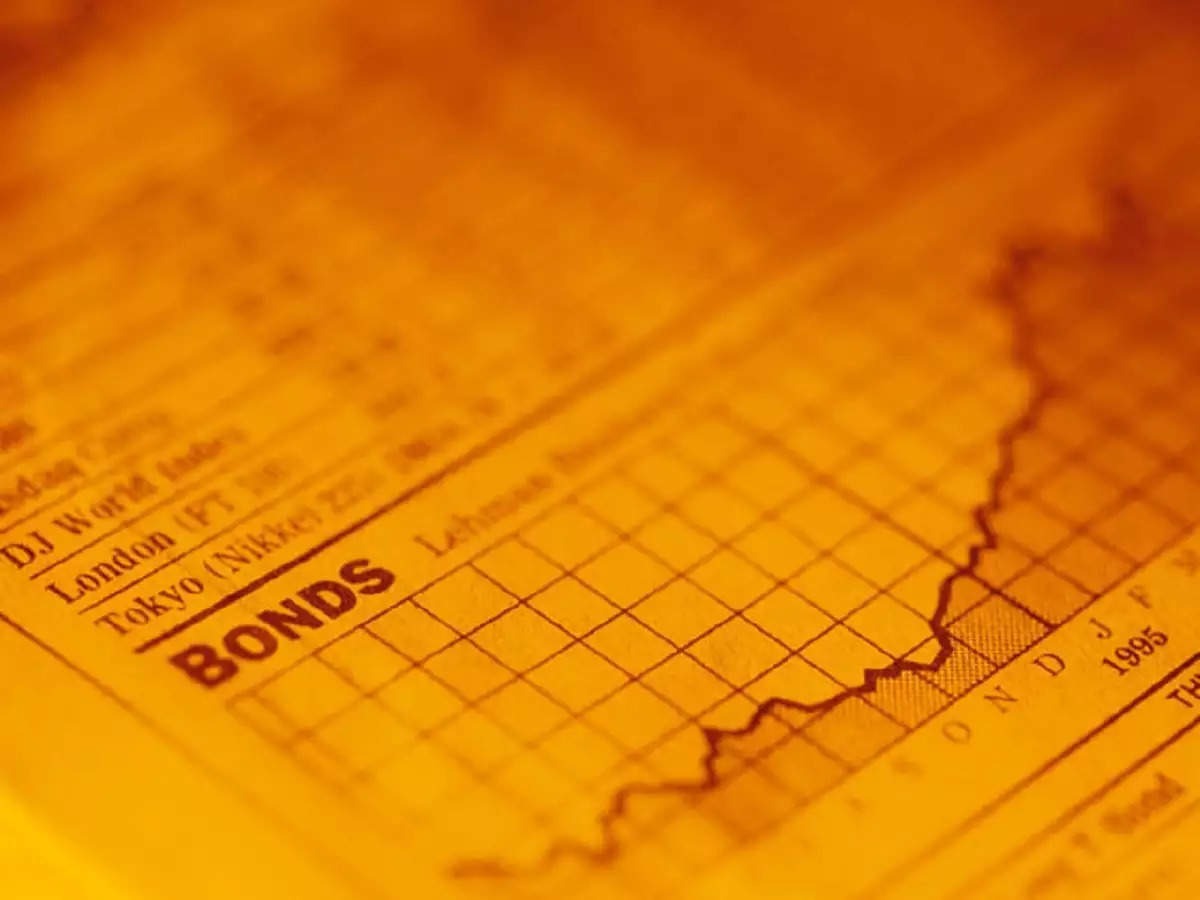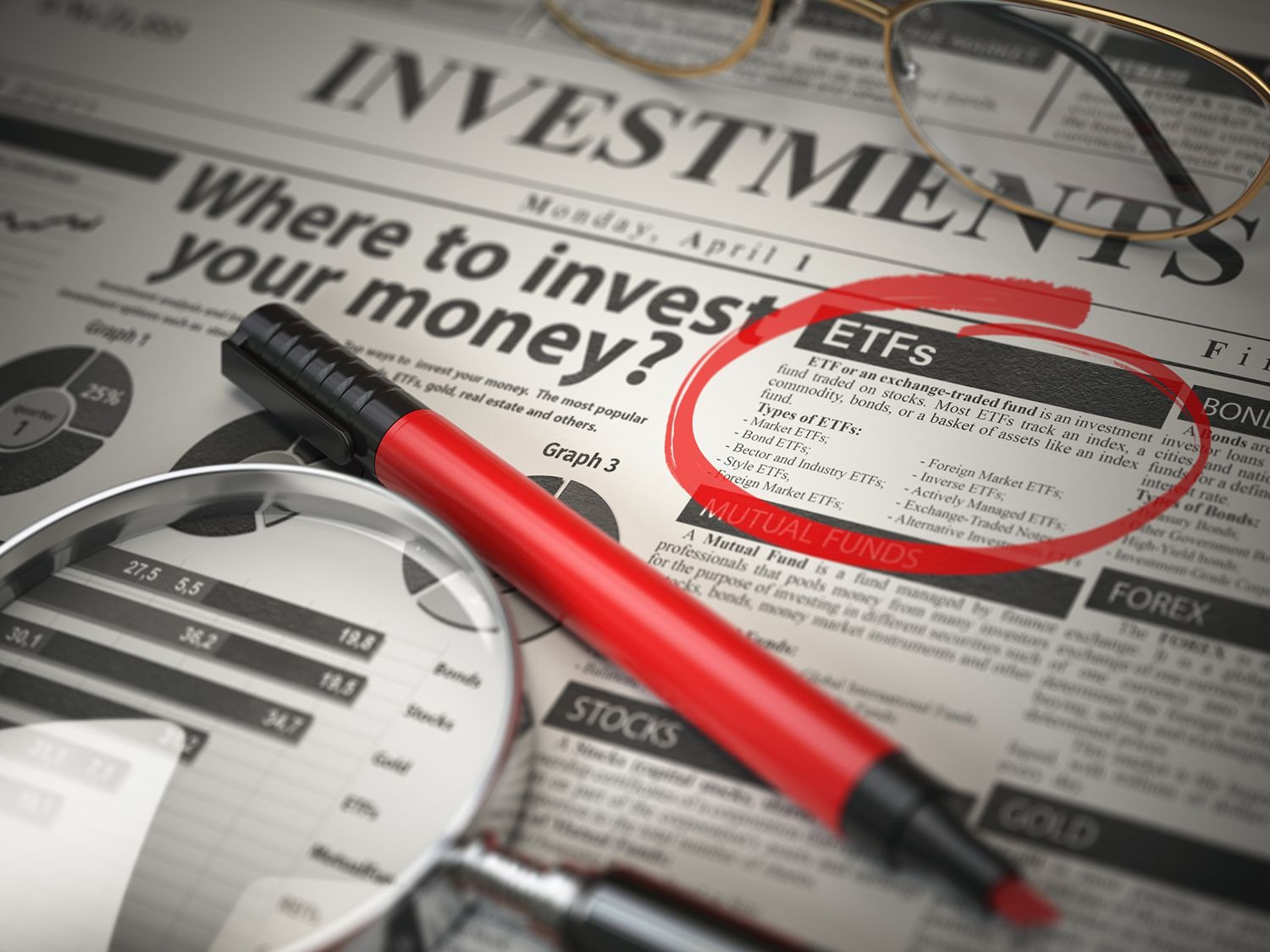Types of bonds investors can invest in
In simple words, a bond is a loan from an investor to a borrower. The said borrower could be either a company or the government itself. The investment amount could be used as capital to fund their operations while the investor receives an interest for their investment. Bonds have a maturity date where the principal amount is repaid along with the pre-defined interest rate. These bonds are one of the three main asset classes along with cash and stocks.

Two main types of bonds in Singapore
In Singapore, bonds are traded in two ways: Wholesale Bonds and Retail Bonds. Wholesale bonds trade in a minimum denomination of S$250,000 and are traded over-the-counter. This makes up the majority of the total SGD denominated corporate bonds in Singapore. Whereas, retail bonds on the other hand, trade in lot sizes of S$1,000 and are traded on the stock exchange market.
Types of bonds investors can invest in
● Treasury Bonds
Treasury bonds are marketable debt securities issued by the government. Debts that are issued by the government of a stable country are regarded as extremely safe as these countries have a very low chance of facing bankruptcy.
● Zero coupon bonds
Zero coupon bonds are issued at a considerable discount to par value with lengthy maturity periods. These bonds do not payout interests, and are thus called zero bonds. (For example, bonds issued at S$600 for a bond worth S$1000 in 10 years)

● Municipal bonds
Municipal bonds are the safest options after treasury bonds in terms of risk. There is a low chance for cities to go bankrupt, however, it could be more often than countries facing bankruptcy. Municipal bonds are a great holding for investors who wish to increase their yield over government bonds in exchange for a slight increase in risk.
● Corporate bonds
Corporate bonds are bonds issued by companies. These bonds are considered to be riskier than government-backed bonds as the risk of default of the company is higher than a government. However, the rate of return for corporate bonds is higher. Investors should keep in mind that higher the credit worthiness of the company, lower the interest rate they would receive.
● Junk bonds
Bonds issued by companies that are likely to get defaulted are called junk bonds. These bonds offer very high interest rates that compensate for the risk undertaken by the investors.
● Preferred stock
Preferred stocks are technically stocks, however, they act like bonds. These stockholders receive interest at regular intervals. In case of bankruptcy, the investors get paid before common stockholders after bond holders.

● Certificates of deposit
Certificates of deposit are similar to bonds issued by a bank. The investor loans the bank money for a certain period in exchange for a guaranteed fixed rate of return.
These bonds can be a valuable addition to a diversified portfolio as they offer a steady and predictable income stream to the investor. However, before investing in bonds, investors must assess the potential risks they might be exposed to.
Investors can invest in these bonds through ADDX. It is regulated by the Monetary Authority of Singapore (MAS) and is open to all non-US accredited and institutional investors.
Original Content From :- Types of bonds investors can invest in
Comments
Post a Comment